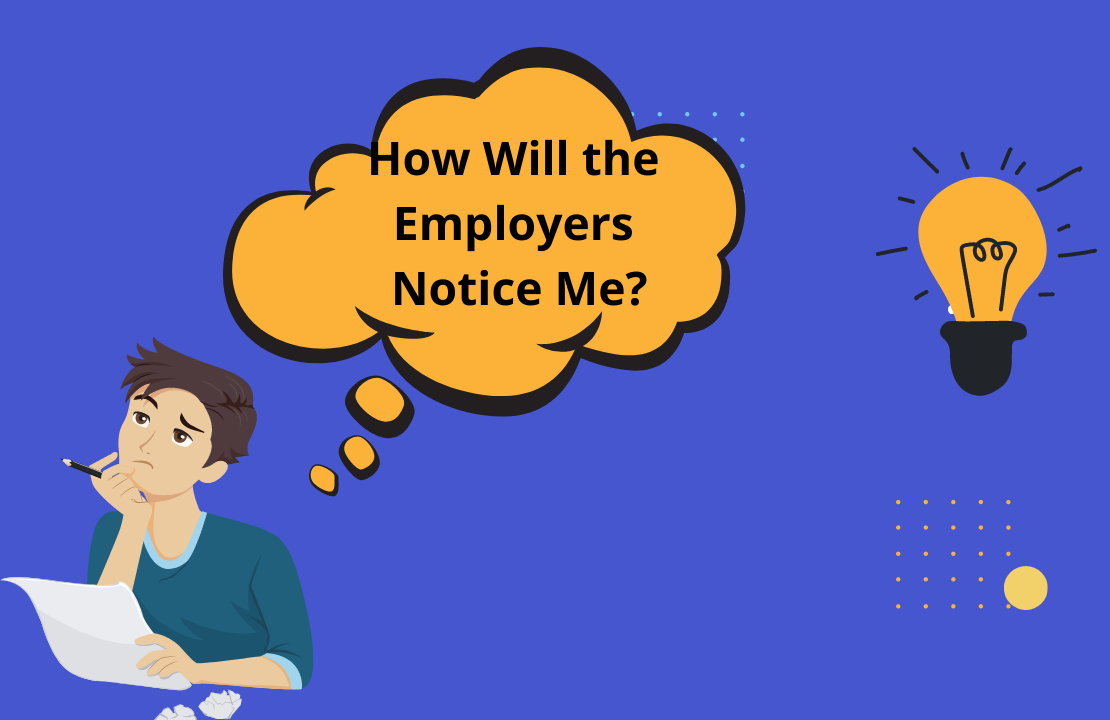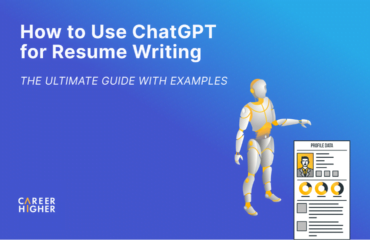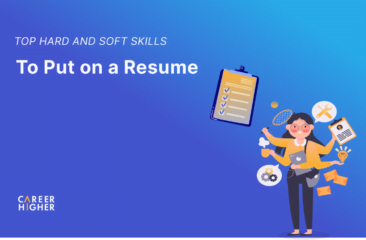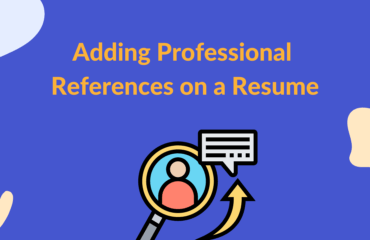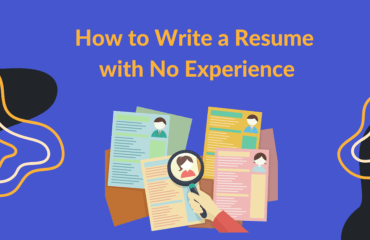Table of Contents
One of the most common questions that I get from job seekers is “how do I get my résumé noticed by the employers”. COVID-19 has disrupted the economy, the job market, and the careers of many professionals globally. Here are the best ways to super-charge your job search in these uncertain times and get ahead of the competition, by getting your resume noticed.
What NOT to do
Before listing the best ways to get your résumé noticed, let me start with the worst one, as it is a common pitfall for professionals. Please do not get “creative” with the format, structure, or content of your résumé, as this is likely to get your application straight to the (virtual) bin. Résumés get screened by applicant tracking systems, recruiters, and hiring managers, and a document following best practices is your best chance of being successful in all of the above screenings.
The right ways to get your résumé noticed
The job search process includes several steps before a candidate is hired. Creating a résumé is one of these steps from an applicant’s perspective and screening résumés is another step from the employer’s side. However, the above steps do not exist in a vacuum, so if you want to get your resume noticed, I suggest the below holistic approach.
Professional networking
Mark Granovetter has proven the strength of the weak ties in providing valuable information. What this means from a job search perspective is that the larger your network of relevant professionals, the more likely it is that you will get intelligence enabling you to apply for suitable opportunities and get your application noticed. A good percentage of vacancies belong in what is called the hidden job market, which means they never get advertised externally.
Having recruiters and hiring managers in your network is an excellent way to discover these roles and apply for them. Even when targeting a publicly advertised vacancy, an insider can provide extra information on the job, the recruiter/hiring manager, and the company culture, giving you a competitive advantage to get noticed. Last but not least, networking increases your chances of getting referred for a role, which usually fast-tracks your application, increasing your chances of getting noticed exponentially.
Résumé writing
Your resume is your most important personal marketing document, so please give it the attention it deserves. Instead of trying desperately to stand out through “creative” résumés, command attention by submitting a resume that is laser-focused on the job, business, industry, and location detailing the value you can bring to the employer.
Start by listing your key skills, professional experience, and education on a piece of paper. Then, analyze your target job and business to understand what the employer needs and identify relevant information from your background to include in your résumé. All information that is not relevant must be excluded. Create content in a concise, succinct, and to-the-point manner using the required keywords, tone of voice, and language.
Regarding format, layout, and structure, always stick to best practices avoiding gimmicks, such as graphics. Remember that the goal of your résumé is to convince the ATS, recruiter, and hiring manager that you are qualified. The best way to achieve this is by presenting a document that looks familiar and focuses on maximizing readability and accessibility for humans and robots. Make the familiarity heuristic your friend in your job search.
Cover Letter
A cover letter is an excellent tool to enhance your application and help you get noticed if done right. The most common cover letter error that job seekers make is duplicating information from the résumé. This approach is wrong because it doesn’t add any value to your application.
Instead, use the cover letter to provide additional relevant information. Use professional story-telling to emphasize specific facts showing you are qualified for the job. Demonstrate your passion and enthusiasm for the job and the effort you’re willing to put in to be successful. Showcase your interest in the company making the decision-makers feel they are an employer of choice to you.
The above approach will enable you to appeal to the recruiter’s and hiring manager’s logic and emotion setting you apart from other candidates and maximizing your chances of being successful.
Following-up
The game is not over when you submit your application. Savvy professionals keep networking, building relationships, and using these acquaintances to support their candidacy throughout the recruitment process. If you haven’t heard back after a couple of weeks, reach out to your contact (recruiter or hiring manager) to share some useful information related to the job with them reiterating your interest.
If you are unsuccessful in your application, wait for a few months and check with your contact if the employer is looking for talent with your skills for new openings. Try to add value in every interaction with the employer to build rapport and sooner or later you will get noticed.
